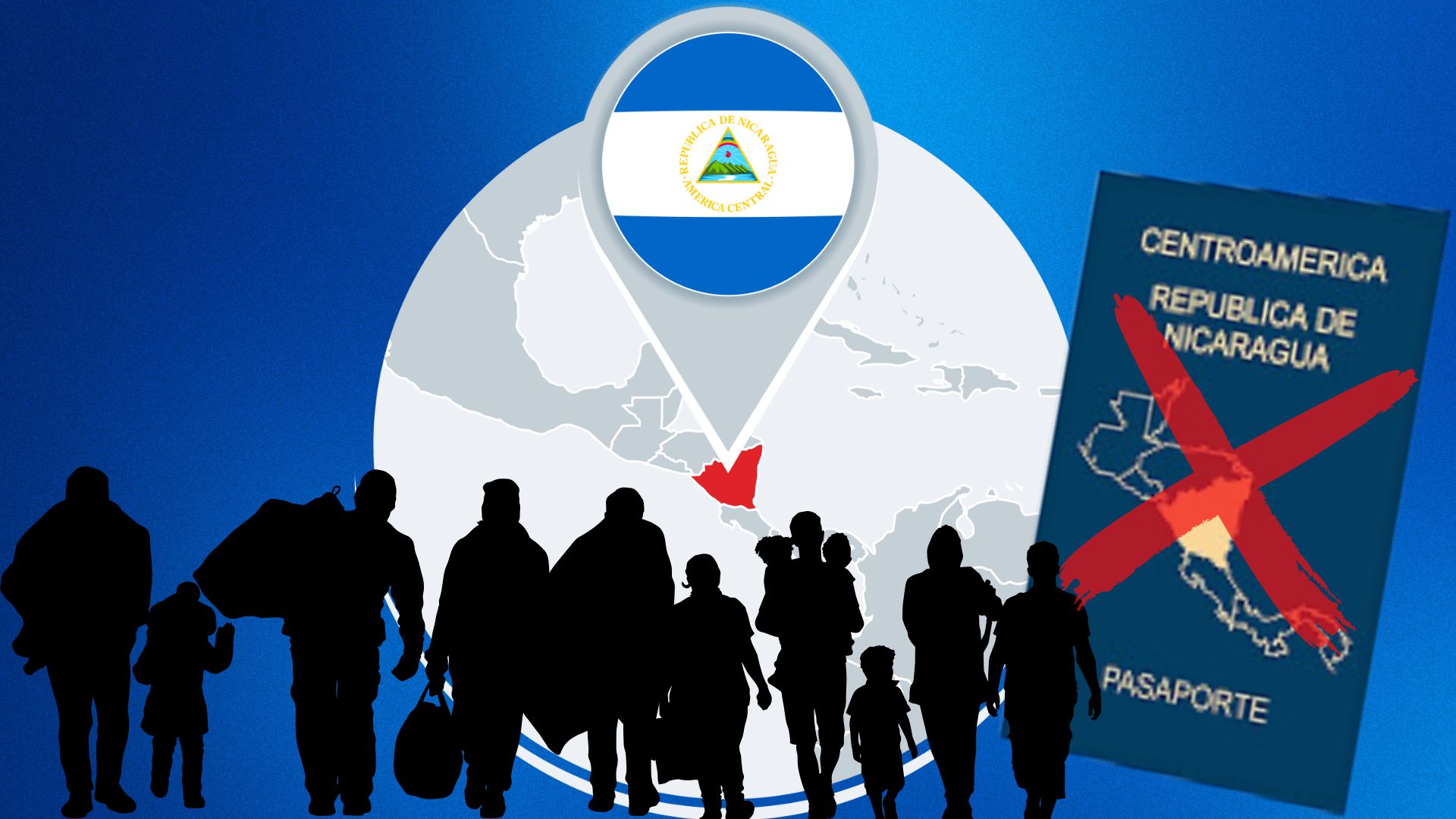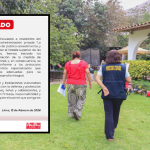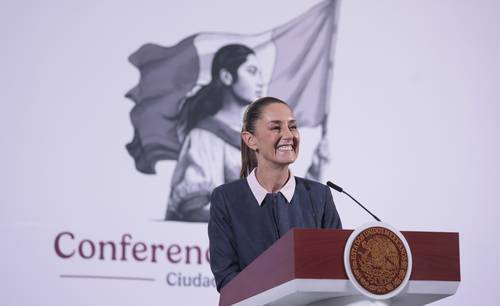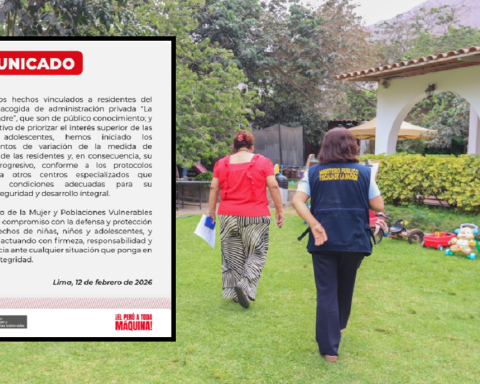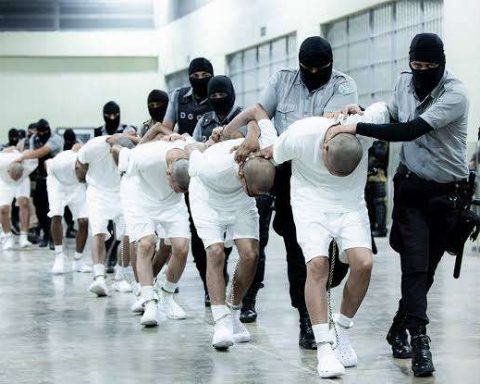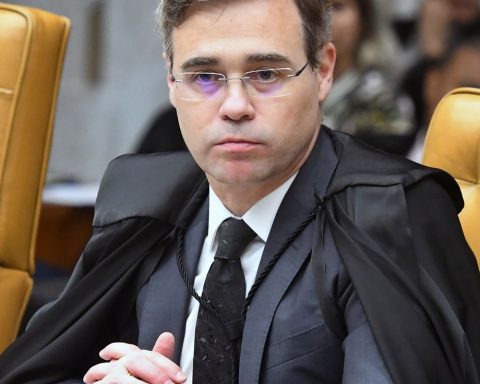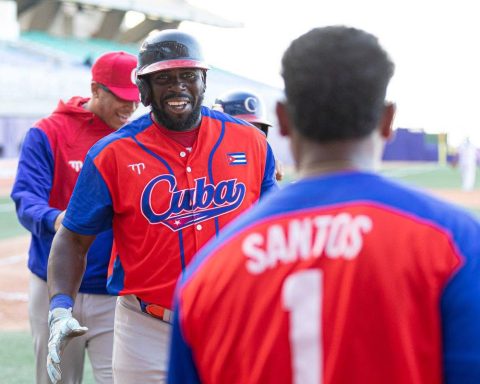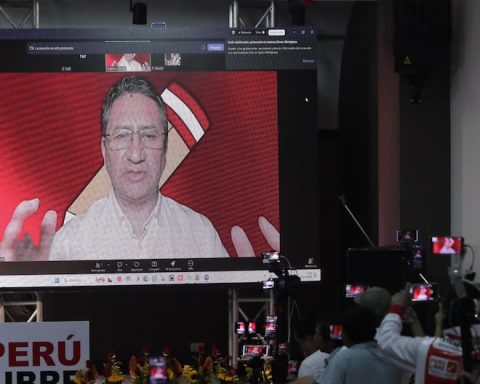The dictators Daniel Ortega and Rosario Murillo ordered to reform the General Law of Migration and Immigration, in the midst of an unstoppable offensive to disrupt all the laws of the Nicaraguan State to adapt them to the exact mold of their dynasty that is being established in the country and strengthen absolute control of the country under iron tyranny.
With the new reform to the Immigration and Immigration Law, the dictatorship gives full powers to that institution to “deny entry, revoke permanence, cancel residency or acquired Nicaraguan nationality,” but the most serious thing about this reform is that the denial of income to the country may even be for nationals, with which the regime intends to legalize the abuses it has been committing in recent years, by preventing airlines from transporting Nicaraguan citizens who intend to get to the Augusto C. Sandino airport.
This mechanism to prevent entry for nationals, which for now Migration and Immigration carried out de facto, was also carried out at land border posts, through verification in lists or by searching for digital traces through social networks, where agents verify if there are opinions about the political situation in the country.
In section 12, the reform empowers Immigration to “deny entry into the country of people who may undermine national sovereignty or present a social risk”, without specifying whether it refers to nationals or foreigners, which leaves the door wide open for that, without further consultation, the DGME prohibits the entry into the country of Nicaraguans who are opponents or are perceived as such by the Ortega-Murillo regime.
The invented crime of “border control evasion”, included in the initiative to reform the General Immigration and Immigration Law and the Penal Code, sent by the dictator Daniel Ortega to his deputies, reveals the dictatorship’s fear of the opposition and an imminent internal rebellion, which includes desertions of its own militants.
This new rule states that anyone who “enters, leaves or attempts to leave the national territory in an irregular manner, evading immigration controls at border posts or at any point, is entitled to a prison sentence of 2 to 6 years and up to 1,000 days of fines.” not authorized, for the purposes of undermining the integrity, independence, sovereignty and self-determination of the Nation, compromising peace, altering the constitutional order, promoting or proposing to conspire and induce acts terrorists or economic and social destabilization of the country.
But, the message for his own militants who may flee and abandon the ship of the dictatorship is even clearer, when in a following paragraph of that same article that he adds to the CPN, Ortega increases the penalty for those who leave for ” “blind spots” for “treasonous” purposes.
«When the evasion of border control, is for the purposes of committing the crime of Betrayalprovided for and sanctioned in article 409 of the Penal Code; “the penalty to be imposed will be increased by one third in its minimum and maximum limits.”
The dictator Daniel Ortega sent to his National Assembly the “Law initiative that regulates the cooperation provided by organizations, cooperation agencies and diplomatic missions accredited in Nicaragua”with which it seeks to condition its authoritarian guidelines to the international cooperation of organizations, agencies and diplomatic missions in Nicaragua.
The new law, which will be approved by the legislative apparatus controlled by dictator Ortega, includes only eight articles. In the first two he establishes what in his opinion are the “principles” and objective of the new legislation, in which they make it clear to international cooperation that they must comply with certain guidelines to cooperate in the country.
In the first article it was established that the purpose of the Law will be “to regulate the cooperation actions carried out by organizations, cooperation agencies and diplomatic missions accredited in Nicaragua.”
While in article 2 they guide that the cooperation provided to the country “will be carried out without political, economic, social or cultural conditions, with strict respect for national sovereignty, independence and self-determination, without interference in internal affairs and in accordance with the national legislation and the principles of international law.
